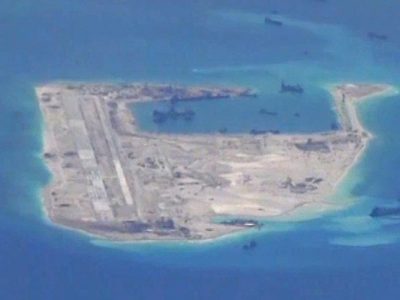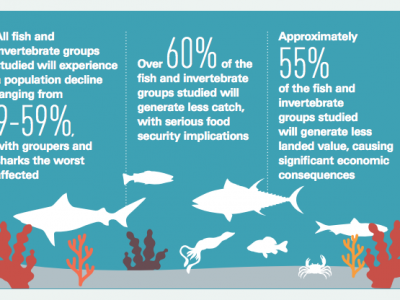Symposium on the South China Sea Arbitration, Utrecht University
Law of the Sea is an important aspect of international law that has implications on state sovereignty, resource distribution, and global fisheries management. Recently, the Philippines utilized the UN Convention on the Law of the Sea (UNCLOS) to assert its marine territorial claims in the Philippines v. China on the South China Sea.









